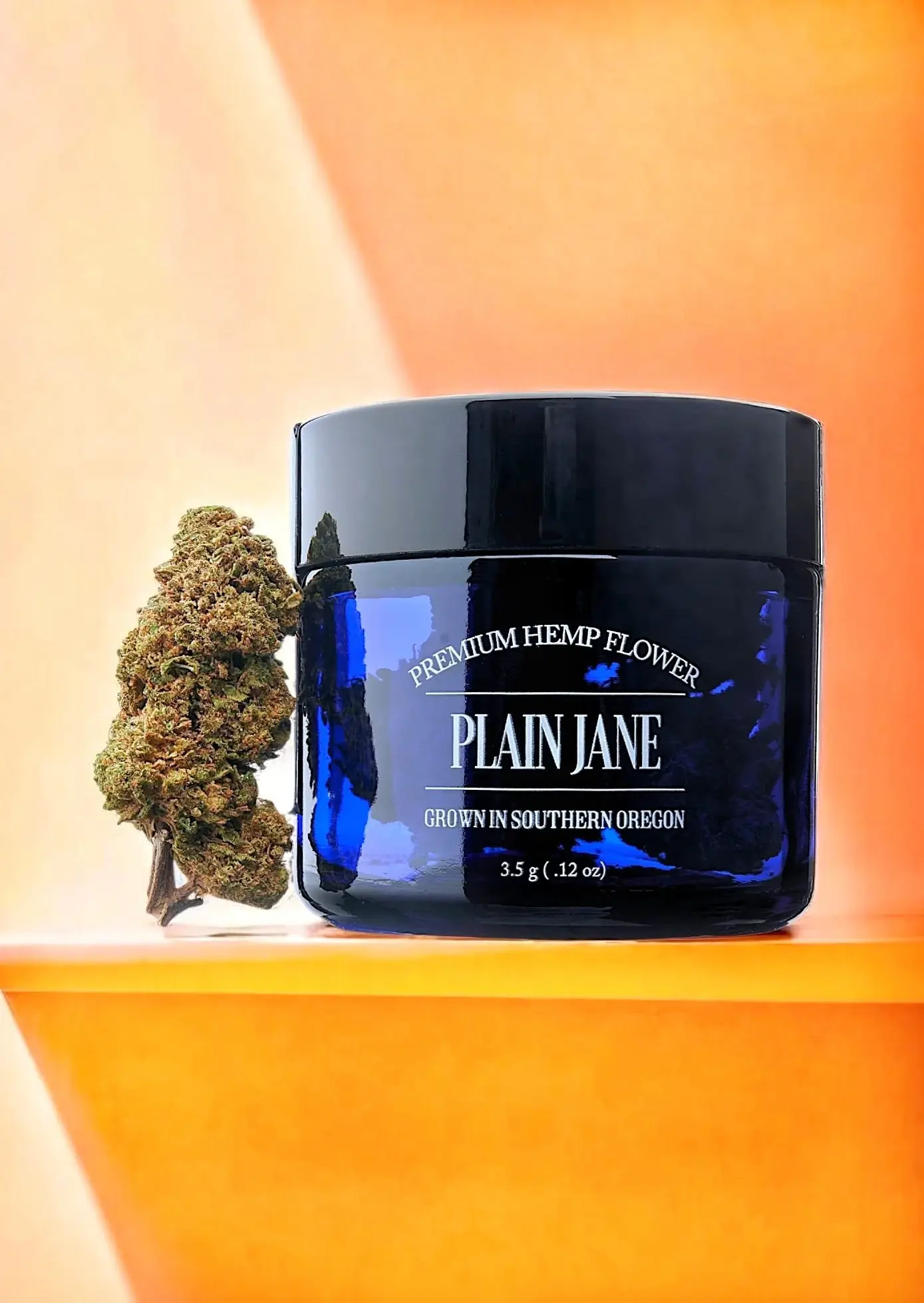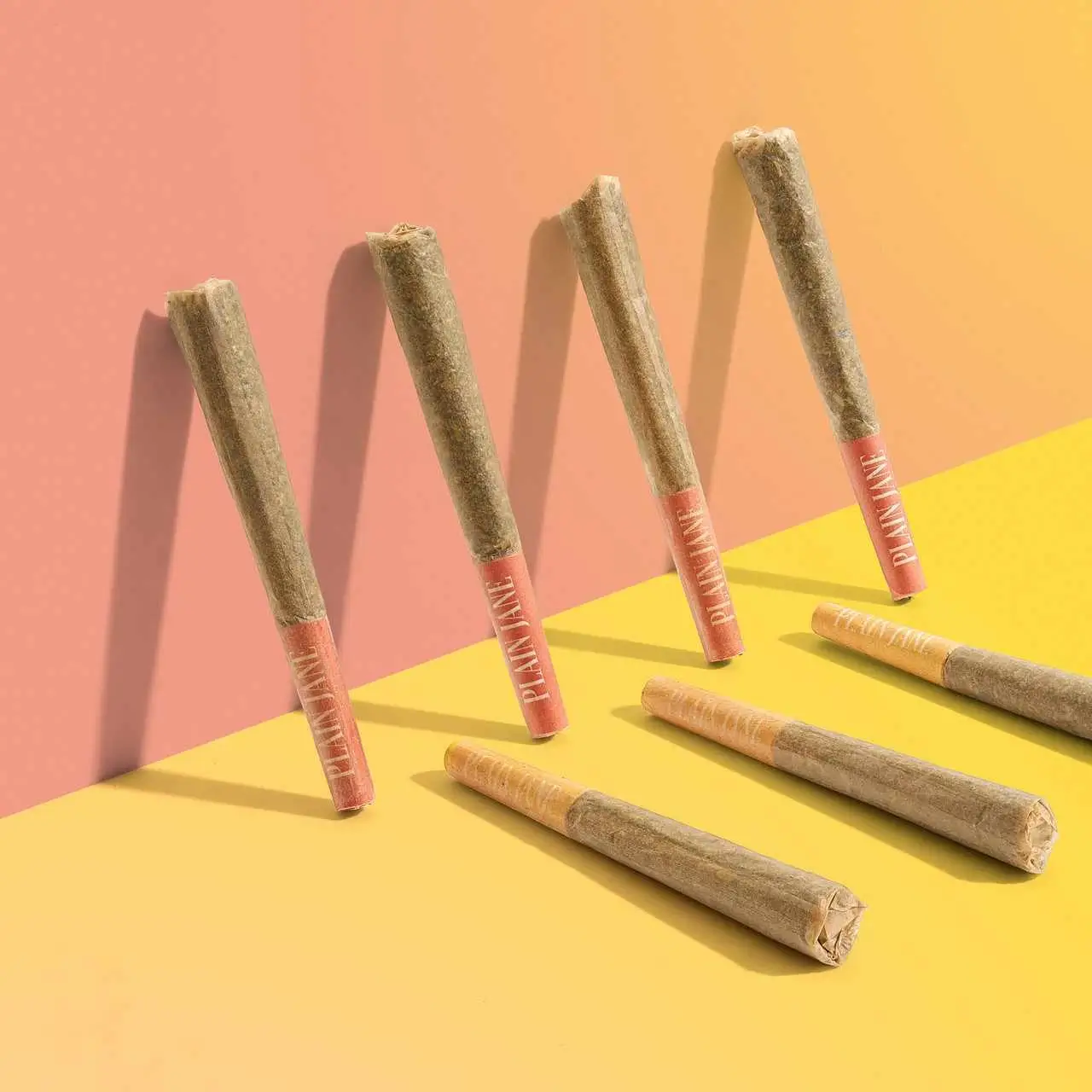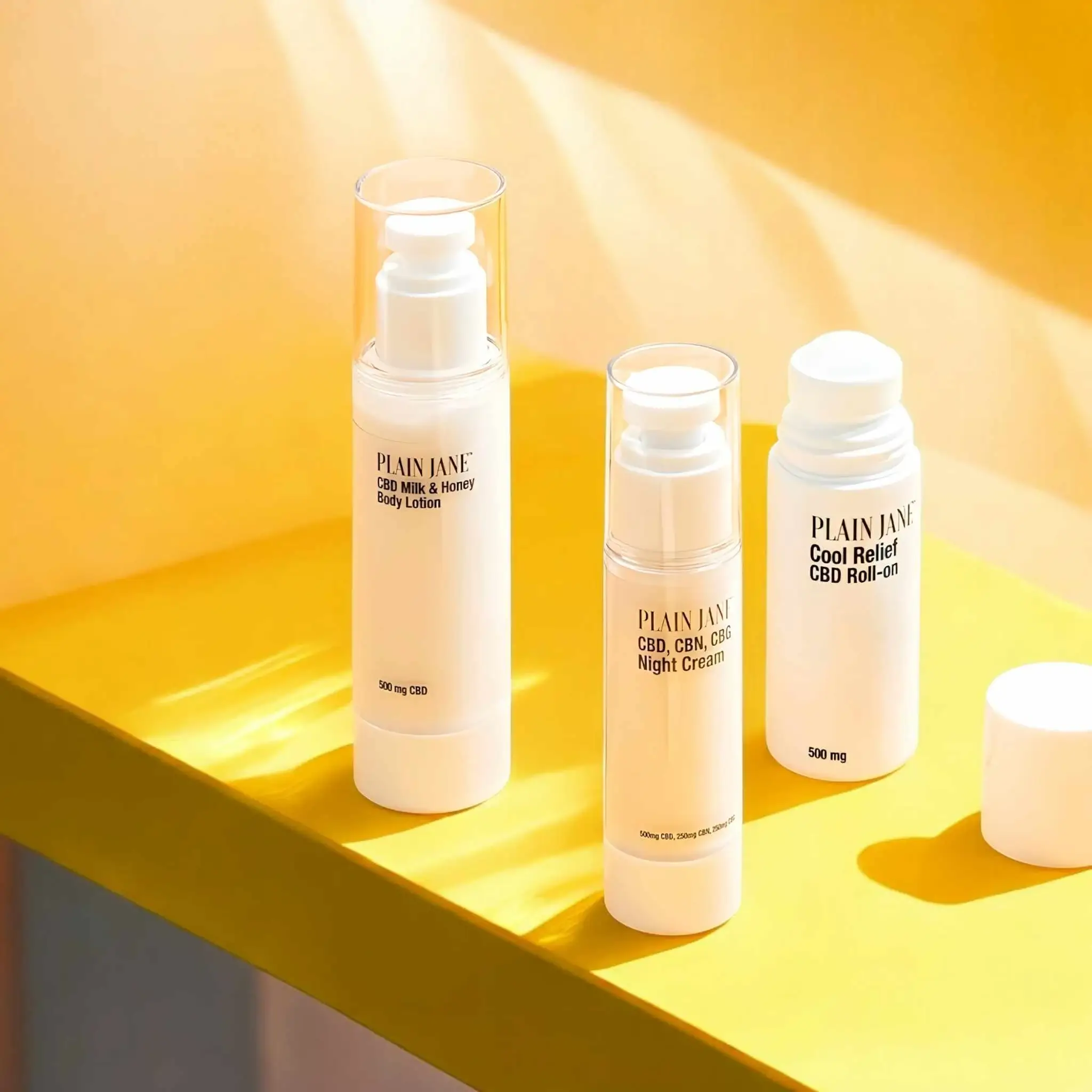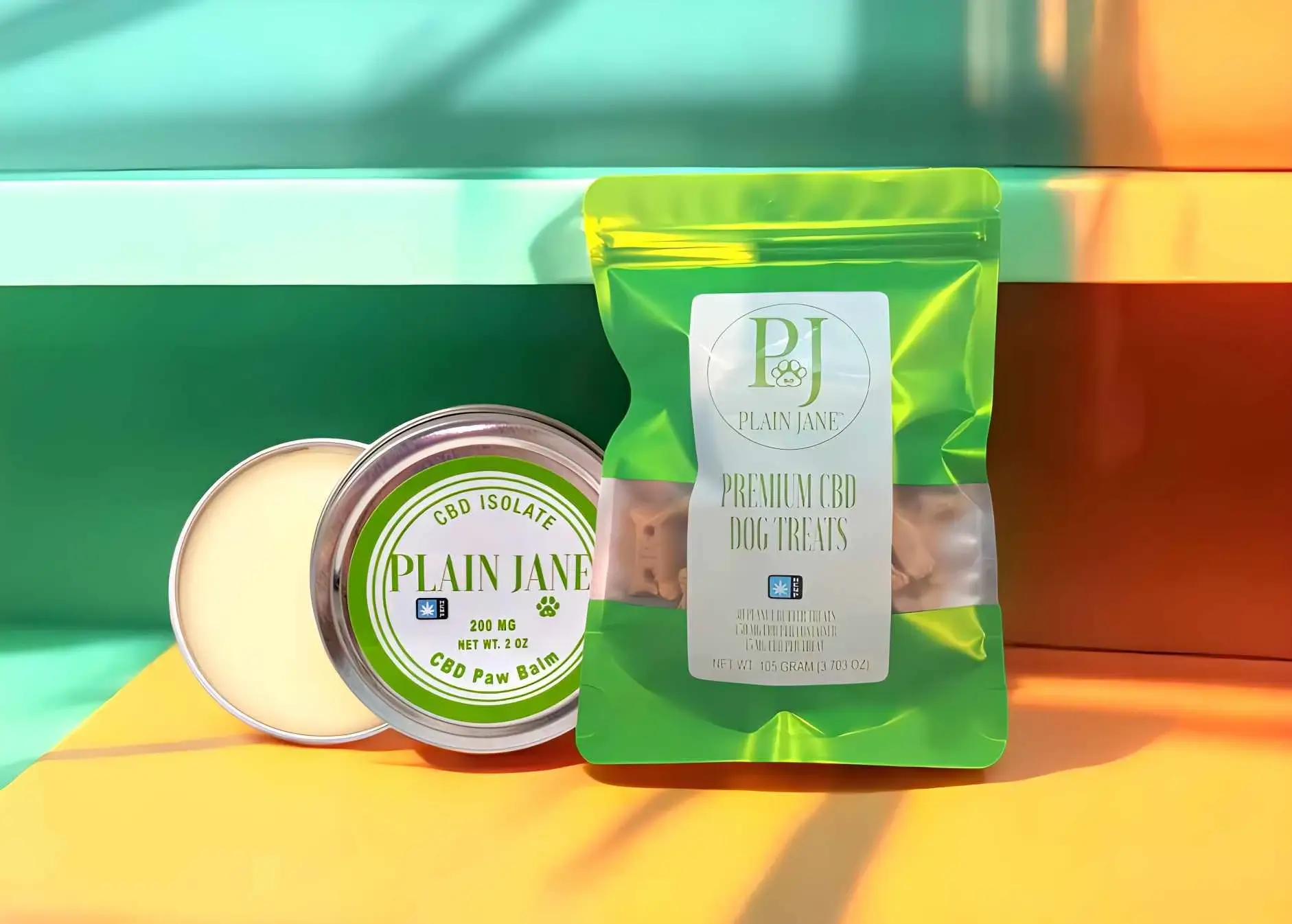The time it takes for CBD to get eliminated from your body may depend on several mitigating factors, all of which we explore below. You should copy this for future reference, as your diet and lifestyle play an instrumental part.
If you want to know how long CBD stays in your blood and how to get rid of it once it's inside you, you need to keep reading. Today's post tells you all about the causes of CBD duration and the steps you may take to shake it out. How much you take matters more than you might think.
Does CBD Make Urine Positive?
We have good news and bad news. First, the good news: employers and probation officers test for many substances, but CBD products never make the list. On the downside, trace amounts of THC make CBD detectable on drug tests. This fact needs to be a cause for concern among regular CBD users.
While most hemp-based CBD products contain 0.3% THC or less, certain CBD oils and gummies may contain more THC than others. Full-spectrum CBD oil may also include a host of cannabinoids, which may present as THC on select drug tests. Most drug tests detect THC metabolites.
Furthermore, full-spectrum CBD products may contain significant amounts of THC as a result of manufacturing oversight or contamination. Although such contamination is rare, the possibility exists, and you should take it seriously. Always seek out lab-tested CBD oil before you place an order.
How Long Does a Gram of CBD Stay in Your System?
How long does CBD stay in urine at this level? Some users will find the answer shocking.
CBD may linger in one's system for up to a month, depending on the volume of CBD taken and the method of administration. The CBD half-life falls somewhere between one hour and five days. Given that fact, residual CBD may stay in your system for eight days or longer.
Multiple factors influence how long CBD products remains in one's system. For example, your weight and metabolism may determine how long CBD stays in your body. Usually, a drug leaves the body within four half-lives, but CBD products have a half-life ranging from one to 10 hours or more.
The frequency with which you take it may also affect how long hemp-derived CBD products take to leave your body. Chronic users may face a longer window of time. Alternatively, inactive and obese individuals may suffer from slow metabolism of CBD. That brings us to our next question.
How Many Grams of CBD is A Lot?
Most industry experts point to 10-50 mg as a normal range for CBD dosage, while others consider 100 grams average. Clinical trials study the potential reactions to as much as 300 grams of CBD oil. On the other hand, select research suggests 1,500 mg CBD daily may get well-tolerated by healthy individuals.
That said, taking too much CBD may lead to adverse effects, such as diarrhea, drowsiness, dry mouth, fatigue, and reduction in appetite. The FDA claims CBD products may cause liver damage, though clinical research states lower doses of CBD products generally get tolerated without evidence of liver injury.
Determining a dosage too high for safety depends mainly on the person taking it. Experienced CBD users may become familiar with CBD isolate and tolerate it more readily than first-time buyers. Those with sensitivities may respond negatively to moderate servings. The risk may outweigh its potential benefits.
Liver safety concerns emerged from randomized controlled trials of CBD isolate in patients with Lennox-Gastaut and Dravet syndromes. However, the applicability of that risk to healthy users remains ambiguous. For the safest experience, most experts suggest adults take no more than a 30 mg serving of CBD in one sitting.
Methods of CBD Oil Administration
There are several different ways to use CBD products. Therefore, the time it takes for CBD to kick in and the results of CBD isolate usage may vary widely from user to user. Despite the popularity of sublingual CBD use, many individuals eat or smoke CBD products.
Broad-spectrum CBD capsules, edibles, lotions, oils, tinctures, and vapes count among the most prevalent forms of CBD on the market. CBD gummies and CBD oil tincture remain the most accessible, though CBD edibles remain pretty popular, too.
The riskiest and most potentially damaging method of use remains vaping broad-spectrum CBD oil. However, CBD vapes leave your body almost as quickly as their effects emerge. Sublingual CBD oil remains the most ubiquitous form of broad-spectrum CBD due to its swift absorption into your bloodstream.
Does Topical CBD Oil Show in a Drug Test?
Your typical drug screening blood-tests for amphetamines, cocaine, marijuana, opiates, and PCP, but some drug screenings may detect barbiturates, benzodiazepines, hydrocodone, MDMA, methadone, methaqualone, and propoxyphene.
As mentioned earlier, trace amounts of THC metabolites may result in a positive test result for marijuana. Taking CBD products containing larger-than-legal amounts of THC all but guarantee a positive drug test result. THC may trigger a positive in urinary analysis.
Fortunately, those who take topical CBD oil or lotion face little to no risk, as such products lack the ability to show on urine tests or blood tests. One in vitro study of transdermal uptake found that topically applied products failed to produce cannabinoid findings in such analyses.
How Do You Get CBD Out of Urine?
If you want to dump residual gunk from your system, we know one surefire way to make it happen. Heed the HED Method—Hydrate, Exercise, and Detoxify. The HED method covers each aspect of the process of removing CBD from your system.
Hydration is the essential starting point to rid yourself of CBD in your system. Imbibing sufficient water results in the expulsion of CBD. Excess water intake removes toxins and waste through bowel movements, breathing, sweating, and urination. Water helps us access our natural-born detox processes.
Meanwhile, exercise helps sweat it out while improving your body's metabolic rate. Not only does activity positively impact your metabolism, but it also aids in the disintegration of CBD molecules. Exercise releases toxins, promotes healthy blood circulation, and enhances sweat production.
Moreover, exercise may help your detox by supporting your liver and kidney maintenance. You can do it in less time than it would take to binge-watch three episodes of a dramatic series. As little as 150 minutes of cycling, swimming, or walking protects your kidneys.
Last but not least, detoxification must be undertaken. You may say to yourself, But I thought I was doing that by exercising and hydrating. While that sentiment is technically accurate, total detoxification takes more than a pitcher of water and 20 minutes on the treadmill.
Detoxification foods and supplements play a significant role in ridding CBD from your body. High-fiber meals—select fruits, legumes, and vegetables—assist in the excretion of CBD. Not only does dietary fiber detox enzymes in your liver, helping your body process compounds, but it also supports antioxidant activity and nourishes your gut bacteria.







0 comments